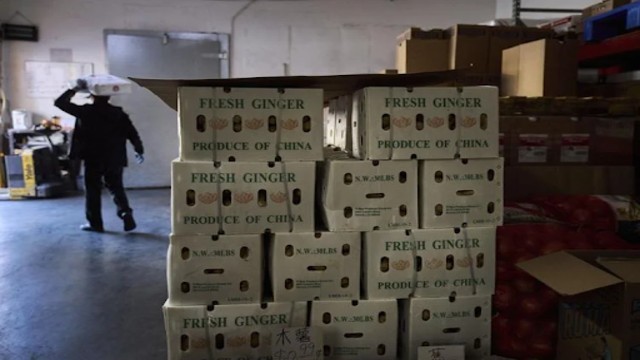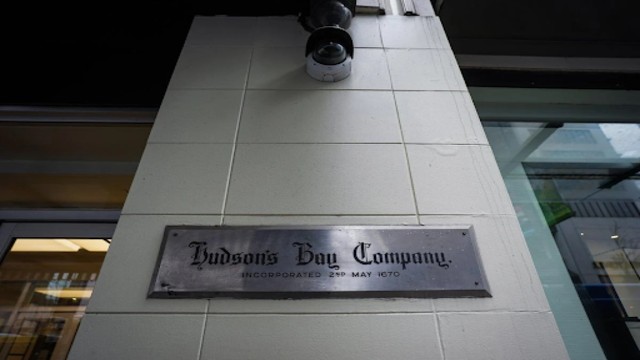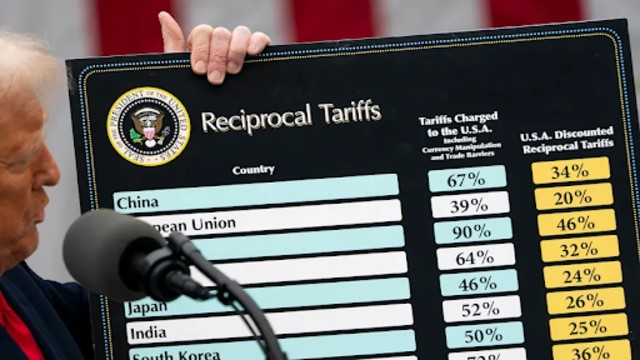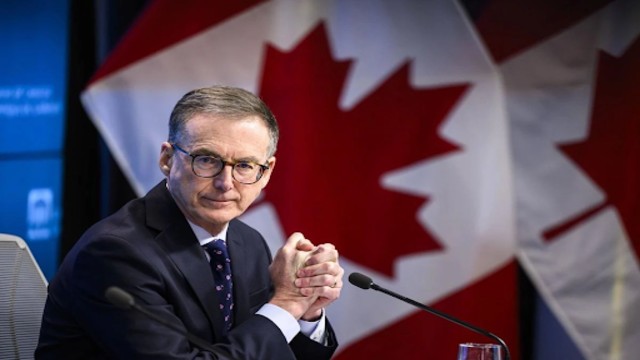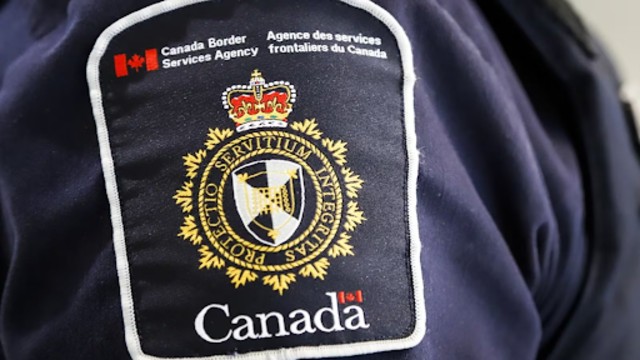
Boxes on a conveyor belt during a tour of the Amazon fulfillment centre in Aurora, Colo., on May 3, 2018. Canada Post is cracking down on a loophole people in Nunavut used to get free shipping with Amazon Prime. THE CANADIAN PRESS/AP, David Zalubowski
Residents of Nunavut are feeling the pinch as a recent crackdown by Canada Post closes a loophole that allowed them to access free shipping from Amazon Prime. This change has left individuals like Amanda Eecherk concerned about the impact on their grocery bills. Eecherk, a 42-year-old mother from Rankin Inlet, shares her worry about the potential increase in expenses, particularly for basic items like canned tomatoes, which already cost $10 in her community.
The loophole involved altering postal codes during the online purchasing process on Amazon. By using a different postal code, Nunavut residents could circumvent Amazon's shipping fees, which are normally applicable to remote locations like Nunavut. For Eecherk and others in remote communities like Rankin Inlet, this tactic provided some relief from the exorbitant food prices they face regularly.
Nunavut, being a vast territory with limited access to affordable goods, has long struggled with high food costs and food insecurity. Statistics Canada data from 2020 revealed that 57 percent of households in the territory experienced food insecurity between 2017 and 2018. Additionally, a food price survey conducted in March 2018 highlighted the significant price disparity between Nunavut and other regions like Ottawa, with Nunavummiut paying more than double for basic groceries.
Eecherk emphasizes that inflation has only worsened the situation, citing examples such as a cucumber now selling for almost double its previous price. The ability to save money on groceries through the postal code scheme was therefore crucial for many residents, allowing them to allocate funds for other essentials like fuel and fresh produce.
However, the loophole came to an end when Canada Post intensified its enforcement of a long-standing policy to return items with incorrect addresses in Nunavut. According to Lisa Liu, a representative from Canada Post, processing parcels with incorrect addresses requires additional time and resources, ultimately slowing down the entire postal system.
This crackdown comes at a time when Canada Post is grappling with financial challenges, evident from its $748-million loss before tax reported last year. The corporation warns of dire consequences if significant changes aren't made to address its financial woes.
Meanwhile, the issue of shipping costs remains a pressing concern for Nunavut residents. While Eecherk acknowledges that they aren't expecting free shipping, they do advocate for reasonable prices that don't disproportionately burden individuals in remote communities.
In response to the closure of the loophole, Krista Matthews from Cambridge Bay has initiated an online petition urging Amazon Prime to extend its free shipping services to all communities in the North. Matthews, who works as a mental health and crisis response coordinator, emphasizes that access to affordable goods shouldn't be determined by geographical location. She highlights the critical role that reasonable shipping costs play in the survival of individuals in remote areas.
Despite efforts to advocate for change, Amazon has remained silent on the petition and the possibility of expanding free shipping to Northern communities. Matthews expresses a desire for Amazon representatives to witness firsthand the realities of life in the North, hoping that it might evoke a sense of compassion and understanding.
Ultimately, the closure of the shipping loophole serves as a reminder of the ongoing challenges faced by residents of Nunavut, where access to affordable goods remains a persistent issue. As advocates continue to push for change, the hope is that corporations like Amazon will recognize the importance of addressing these disparities and work towards solutions that benefit all Canadians, regardless of their location.




